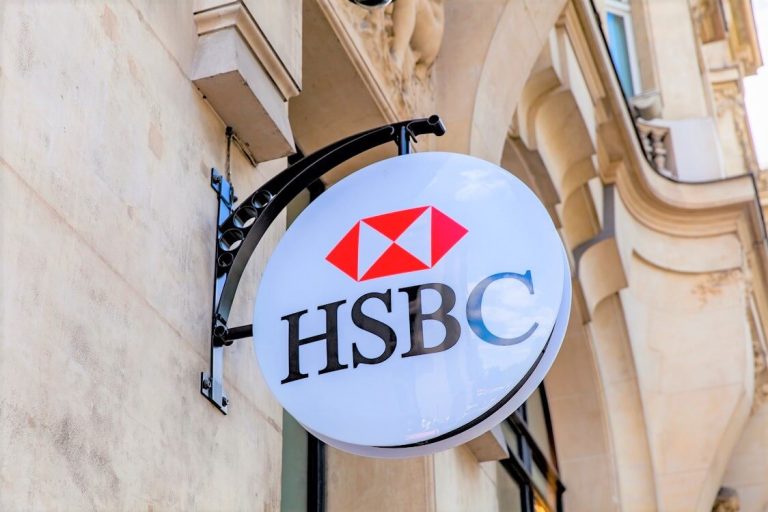
The recent changes in the regulatory and legal landscape of the crypto industry have caused HSBC Holdings Plc Nationwide Building Society to take steps in order to reduce the access of retail customers to digital assets. This development brings to light the worries and uneasiness experienced by UK banks when it comes to the use and trading of cryptocurrencies.
Bloomberg reported that the bank stated: “This is because of the possible risk to customers.”
Recently, Nationwide released further details about their decision to control access to digital assets. According to their announcement, it is no longer possible to make crypto purchases with credit cards and the daily limit for debit card purchases has been set at £5,000 ($6,000).
Moreover, a daily limit of £100 ($120) has been established for a particular account type created for people under the age of 23.
It said: “These will apply where we identify payments to crypto exchanges.”
“These limits apply any time you use your card to make a payment. This includes using digital wallets such as Apple Pay or Google Wallet.”
You can also withdraw money from your Nationwide accounts, but payments to major crypto exchanges such as Binance have been limited and will be declined – which follows “similar action from other providers”. It said: “Even with your direct consent in person or by telephone, we can’t remove the restriction and allow you to make a payment to Binance.”
The decisions of HSBC and Nationwide to place restrictions on crypto transactions were prompted by the Financial Conduct Authority‘s (FCA) warnings about the dangers of buying crypto. The FCA provided advice about the risks related to investing in digital assets in October 2020, stating that these investments are highly volatile and investors may lose their entire capital.
style=”text-align:justify;”>The International Monetary Fund (IMF) and The Financial Action Task Force (FATF) have repeatedly warned banks against the facilitation of crypto-related activities due to the potential risks they may pose to the traditional financial sector.
The US Federal Reserve (Fed) has also cautioned that financial institutions must be aware of the “possible heightened liquidity risks” associated with some crypto-related funding sources.
In the UK, closer regulations have been imposed on crypto-related businesses in recent years. Banks like Banco Santander SA, Lloyds Banking Group Plc and Natwest Group Plc have all set limits on crypto transactions.
Despite the restrictions, the Binance exchange continues to be a popular choice for crypto traders. Notably, a crypto-friendly bank called Silvergate has experienced a drop in its stock prices this week.
The company was unable to file its annual financial reports to the SEC on time. Silvergate also expressed concern about its ability to remain in business. This comes after its involvement in the FTX exchange collapse in November 2020, where it had to sell $5.2 Billion of debt securities at a large loss to cover $8.1 Billion in user withdrawals.
The resulting $718 million loss was reported to have exceeded the bank’s total profits since 2013. As a result, many crypto-firms that used Silvergate’s services are now searching for other banking options, with MicroStrategy, Tether and Coinbase, Paxos, Galaxy Digital, and Kraken all ending their relationship with the bank.
____